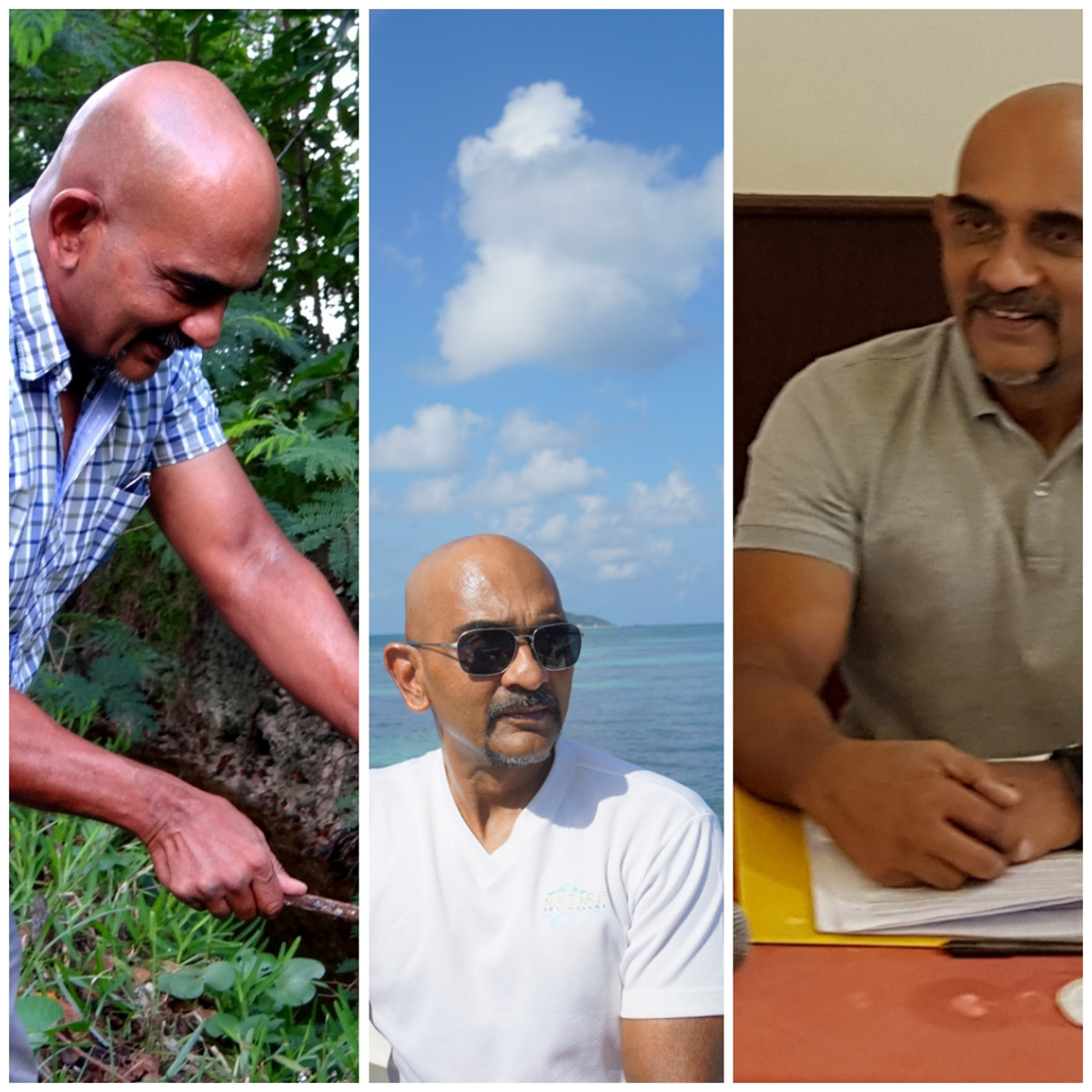Way back in 2004, I wrote a paper entitled ‘A new compact between government and the NGO sector in Seychelles’, where I said “…to meet the challenges that globalisation forces on our small island state” we “have to foster strong partnerships between civil society and government”. I said, “The government and NGOs must improve their understanding of each other’s roles and priorities and must enhance their skills in structuring and sustaining mature relationships”. I, and others, have been asking for a “relationship resetting” for years in articles, interviews and reports but our pleas have crashed on rocks.
Civil society organisations in Seychelles believe that government needs to streamline its operations by focusing on priority issues and problems. The public is convinced there are duplication, wastage and obsolescence in government. So the need is for a review of agencies and programs. Government could work with the private sector and civil society organizations to see how and where they can take up activities and programs currently run by government. As government right-sizes, experts and practitioners believe there is great scope for an expanded involvement of relevant civil society organisations in delivery of projects.
I think civil society sector can contribute immensely to the socio-economic development of Seychelles if the policy and legal environment can be clarified and improved. In UK, this sector is known as the Third Sector and there is a Cabinet Minister responsible for it as well as a well-supported Charities Commission. In the United States the non-profit sector employed 13.5 million paid worker’s representing 10% of the total US workforce and making this sector the third largest employer of any US industry behind only retail trade and manufacturing. In 2018, non-profits contributed more than 1 trillion US Dollars to the US economy about 5.5% of GDP. We mustn’t forget the power of voluntary work as well – an estimated 25% of US adults volunteered in 2017 contributing about 8.8 billion hours, calculated to be worth at around 195 billion US Dollars.
The Ramkalawan Era is upon us and expectations are high. Many people have asked me for my thoughts. My response is as simple as it is urgent: we need to reset the relationship between civil society and government.

COVID-19 has brought the economy to its knees. There are important things to be done. But there also ways to do it. The way it does those things is going to shape the way people perceive the new government. The previous government had stopped listening to many good people, smart people, hardworking people, people with purpose, because it considered them rivals or nuisances or unimportant or worse, enemies. For those of us working in civil society we want to deal with government officials who don’t look at us with distrust, disinterest or dismissiveness. We no longer accept to be disposable after government uses us to tick boxes or to have our brains picked and our passion hijacked to only get bones thrown at us from the big table. We want to forge robust partnerships with government agencies and departments, partnerships based on mutual respect and need. So are we going to get counterparts in government who think like us? We must! The country needs all hands on deck. There’s no better time to reset the relationship.
